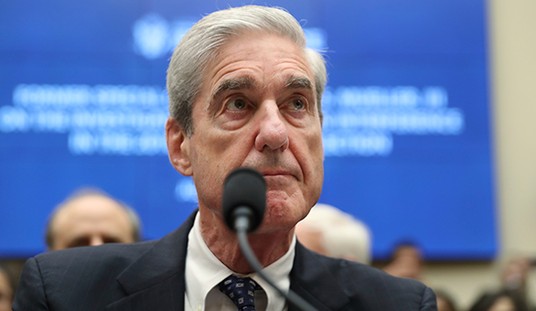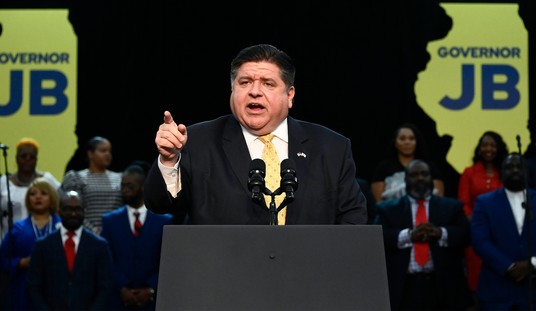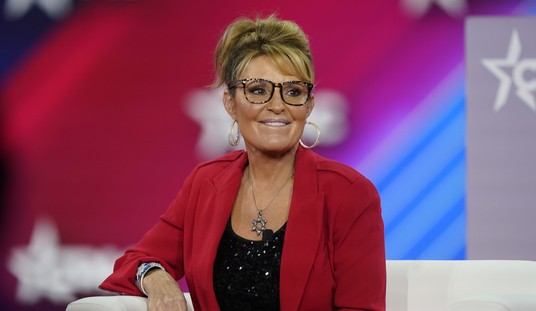
For children residing in government quarters on military bases in the United States the option for school choice just got a lot more real.
The overwhelming majority of children on military bases in the United States attend local civilian schools. Because most schools are funded by property taxes and federal installations are not taxable, the federal government pay and offset, called “payments in lieu of taxes,” to school districts in which military children living on base (hate to be repetitive but this isn’t going to sink in with some folks unless I say it several times). So if the school district budget is $10,000 per student, the Defense Department pays that amount to the local school district. But what happens if you aren’t happy? In the past, you sucked it up, or homeschooled, or paid out of pocket for alternative schooling. That is changing:
“The proposal, backed by the conservative Heritage Foundation, would make the funds eligible to an estimated 126,000 military-connected children.” https://t.co/ASMFRXJ04h
— Rob Bluey (@RobertBluey) February 23, 2018
Education Secretary Betsy DeVos on Thursday backed a proposal to allow military families to use $1.3 billion in public funds to send their children to private school or pay for other education services.
The plan is in line with the Trump administration’s focus on promoting charter and private school programs and other alternatives to traditional public schools across the nation. But it stops short of the $20 billion school choice program that President Donald Trump promised on the campaign trail.
DeVos said that many active duty military families living in bases were dissatisfied with their neighborhood schools and that they deserved to have options. Under the proposal, the government would set up education savings accounts for these parents and send them the money earmarked for them in the public school system. The money can then be used to pay for private school, private instruction, therapy for special needs students, textbooks and other services.
That’s the proposal. I expect it will make it through the House and hit the edu-crat buzzsaw in the Senate where the teachers’ unions can buy enough votes to kill it. Regardless of its fate, it is a first step in breaking the education monopoly and mafia in this country. The idea that a public education implies in any way a system of government-owned schools staffed by government employees is just bizarre. The idea that you are forced to pay for a product you are literally afraid to use (which is why I abandoned my home in DC for more child-friendly climes) is simply not American.













Join the conversation as a VIP Member